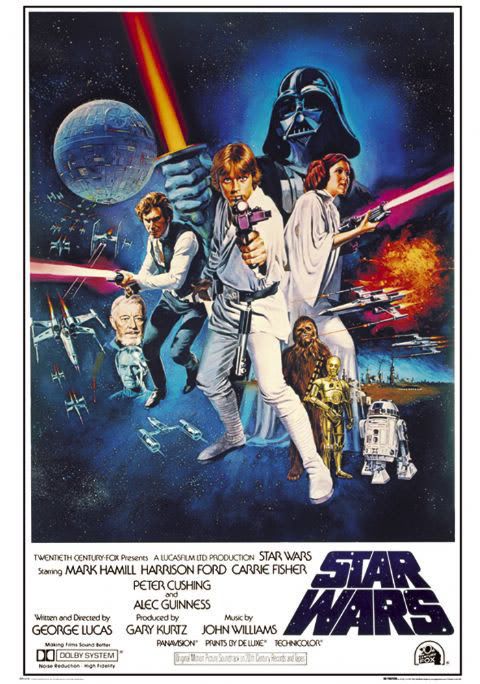On Evil, Tolkien, and Ideal.

Tolkien , in his writings usually avoided social or political commentary. Much of the rule that descends upon the lands of the first and second age, and of the Valimar and mythic lands prior to the epoch of the Lord of the Rings, was an implicit form of just monarchy. A sort of simplified family unit that had, at the head, normally a benevolent king.
Central to the theme is good responding, and unifying against evil. This unification occurs in several places. If you look at the star wars trilogies you find that essentially, the galactic federation was fragmented by the presence of moles + the general transformation of the senate into the empire under senator palpatine (to become emperor) follows the line of a person posing to be benevolent, who in turn seizes power and then turns that power against a force or people. The empire is hard at work smashing an ancient religion and rebel force, when we see star wars open, we see a rebel ship trying to escape a better armed imperial star cruiser.
Again we are not taken into the mechanics of the governance of this world. Just as the holy roman empire had trouble, it is easy to imagine a top down structure fraught with problems. Bureaucrats on the take. Backstabbing senators. Etc. And as well, we are not introduced to the idea that a rebel force had lost in the first place, for a reason, and would be on the run, for a reason. Idealism consists of representing those two forces in conflict.
Tolkien represented the organizational structure of evil as controlled by strength and in a similiar manner to the empire, with centralized authority. At first, the power ascribed to that central authority was almost supernatural and certainly to a great extent exceeded almost all of the existing characters of his story lines - in the character Melko, A valar. The fallen. His works were a framework where that conflict between good and evil acted to unify the forces in play.
Star Wars was, for all intents and purposes, an opera. The struggle between good and evil defined the story line. Good was allied with ancient ways, temperance, and diversity. Evil was a top down, rigid force that strangled those who disagreed.
In Tolkien, I believe we see the presence of Evil as usually focussed and malevolent - and so this in and of itself helps galvanize the good and just into action and unity. To ascribe to any sim that aspires to reproduce the environment and framework of first age tolkien , one must weight and value the presence of evil. Evil has to have a purpose. And even if Sauron is, in this age, a messenger and servant. That delivery of message or execution of task is essential to the framework of good vs. evil in which a clear expression of goals, intent and role are delivered and understood in context.
Comments
"Evil has to have a purpose. And even if Sauron is, in this age, a messenger and servant. That delivery of message or execution of task is essential to the framework of good vs. evil in which a clear expression of goals, intent and role are delivered and understood in context."
To quickly have a clue as to the identiy (ies) of evil allows you & me to quickly choose our side between the "Us & Them", we have also spoken of.
However, in Tolkien, perhaps the subtly adds more tension & mystery -- as we see good or neutral begin to slip to "the dark side" & not only reside there, but make a habit of perfecting evil.
The recurring theme with this antagonist, to me seems to be biblical: a creative being isolated by his own hand who begins to comtemplate reasons for his lonliness. This leads to personal pride, then shame from being discovered (comparing self with others) which leads, in this instance, to toxic anger then hate.
What a way to daily live!
It is good there is a "Mistress of Life" to help with balance & redemption (even if not Tolkien's intent) for the "rest of this story".